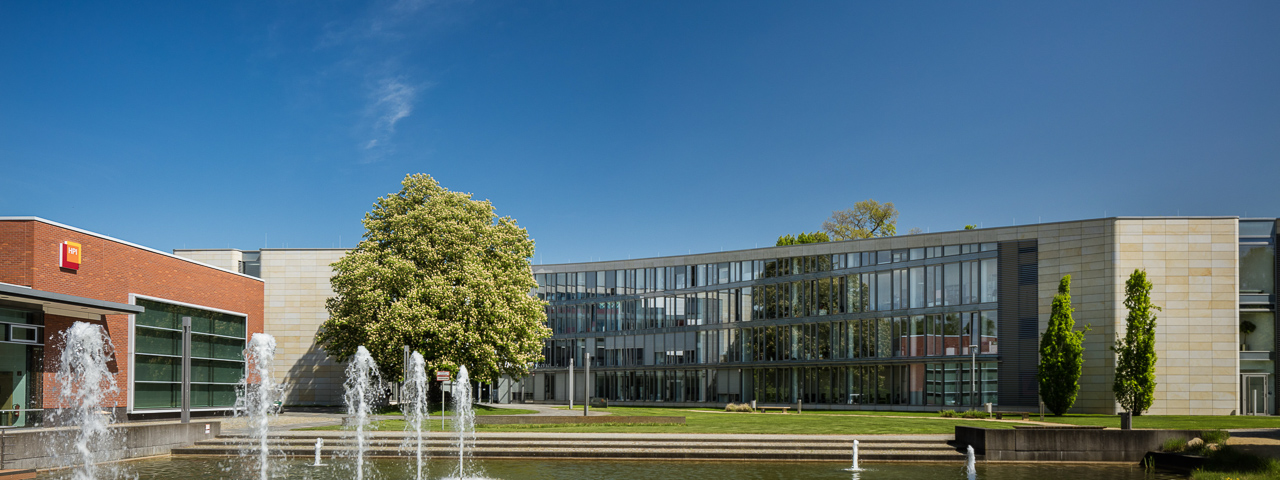Herzlich Willkommen! Über die Links auf dieser Seite und im Menü finden Sie alle wichtigen Informationen über die Fachgruppe Betriebssysteme sowie unsere aktuellen und zurückliegenden Aktivitäten. Darüber hinaus haben wir eine Reihe von Ressourcen zum Thema Betriebssysteme zusammengestellt und pflegen Verzeichnisse über Arbeitsgruppen und Lehrveranstaltung im Betriebssystemkontext.
Viel Spaß beim Stöbern
Die Fachgruppenleitung





